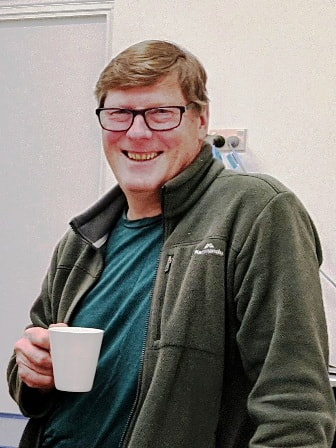During the second half of the session we looked at some more positive aspects. Professor Ross Garnaut has a positive vision for Australia if we rise to the challenge of climate change. In his new book,' Superpower', he thinks that Australia "can emerge as a global superpower in energy, low-carbon industry and absorption of carbon in the landscape." Australia is more richly endowed with sun and wind than any other developed country and has great scope for "natural climate solutions" such as carbon farming. Garnaut also says that to maximise our chances of benefitting from the move to a low-carbon world we have to get to zero net emissions sooner than the other rich countries.
Some more positive news was found in the results of a poll conducted by Ipsos Australia during January which showed that the environment now trumps the economy on Australian's list of biggest worries. "Cost of living" and "health care" ranked as the equal-second biggest concerns. Younger Australians are the most worried but concern among older people is catching up with 42 percent of Baby Boomers considering the environment a top issue. However, it appears that confidence in political parties' ability to solve environmental problems was low across the board.
Politics is a difficult topic to avoid when discussing climate change and it arose again in our second session when we discussed an article by Waleed Aly. He asks the question, "Has anything really changed in our political landscape after the fires, floods and extreme weather events?" Despite all the media activity and the headlines, the Coalition is still split on the issue of climate change and Labor continues to be spooked by the damage it sustained last election in coal mining seats. There was much discussion around this article and a general agreement with Waleed Aly's conclusion that there has been little change in "what really counts".
To finish our session in a more positive note we looked at an article which had "Fifteen Tips to Lower Your Carbon Footprint."
An important aspect of this list was that the tips required minimal effort so there was really no excuse for not doing them. While many of the tips were probably known to group members the list was compiled in such a way that made it easy to understand.
Discussing the list raised the issue of 'How can small things by one person have an impact on climate change? The answer of course is that if very many people undertake to do these things the impact is significant.



